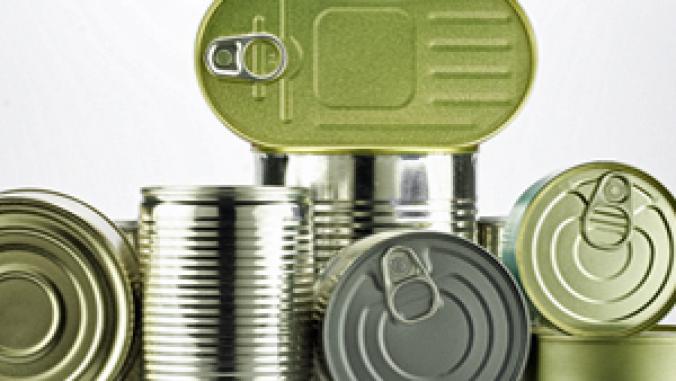Texas Instruments Lands the First LEED Green Building Rating in the Philippines
Semiconductor manufacturing giant Texas Instruments' flagship facility in the Philippines has attained a LEED Silver rating for a new building housing assembly and product testing -- the first structure in the country to be certified under the standards maintained by the U.S. Green Building Council.

Semiconductor manufacturing giant Texas Instruments' flagship facility in the Philippines has attained a LEED Silver rating for a new building housing assembly and product testing -- the first structure in the country to be certified under the standards maintained by the U.S. Green Building Council.
The nearly 62-acre facility in the northern resort town of Baguio City, the country's summer capital, is one of the more sophisticated assembly and test sites for the Dallas-based company, which is in its 30th year of operations in the Philippines.
The new structure in Baguio, dubbed Phase V, was designed and situated with respect to the sun's path to minimize heat gain, yet make the most of natural lighting for the building. Efficiency elements, which include a reflective roof that improves insulation, have helped to cut energy use by 24 percent. Water consumption plummeted by 70 percent as a result of extensive reuse and recycling. The company also says fewer than 15 percent of its Baguio employees drive to work; more than 85 percent use local or company-provided transit.
Texas Instruments started its Philippine operations in Baguio in 1979. Among the pioneers in the Philippines' electronics sector, it has long been a leading exporter in the country.
In 2007, Philippine President Gloria Macapagal-Arroyo was the guest of honor at a groundbreaking for a new Texas Instruments assembly and testing facility in the Clark Freeport Zone, the redevelopment area that had been home to the U.S. Air Force Base at Clark, located just north of Manila in the central part of the country. The facility was planned as another LEED structure for the company, which said it intended to invest $1 billion in the new site over a 10-year period.
In December as the global financial crisis deepened, Texas Instruments cut about 400 jobs from its workforce of 2,300 in Baguio by offering early retirement packages. At the time, the company declined to comment on whether the economic downturn would affect the progress of the project in Clark.
Last month, however, the Philippine press reported that the president of the Clark Development Corporation said the project is near completion and that he believes the facility will open in June.
The tech manufacturing sector in the Philippines has been hard hit by the shrinking economy. Intel Corp., which started its operations in the Philippines in 1974, had been a promoter of green IT in its international operations and described its plans for eco-friendly initiatives in the country as recently as November. But it is closing its factory in Cavite -- a move that puts an estimated 1,800 people out of work.
Baguio — Image CC licensed by Flickr user permanently scatterbrained.





